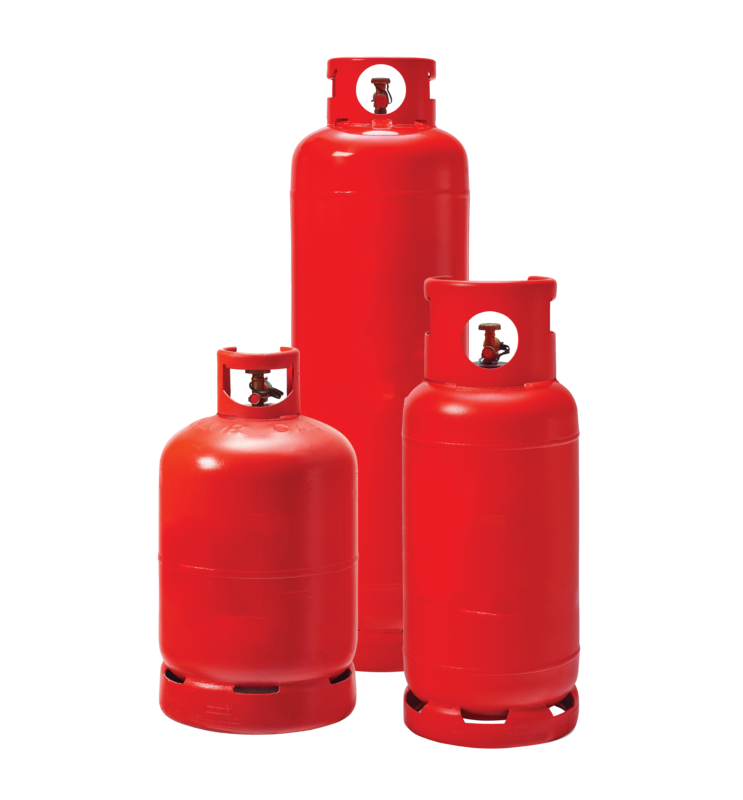For many mobile and outdoor event caterers, LPG remains the primary source of power for cooking, heating, and powering generators.
We all have a responsibility to safeguard the industry as well as to protect the public from harm and ensuring the highest standards of LPG storage and usage are adopted across the entire sector is imperative to that. The potential ramifications of poor LPG usage can result in fatal accidents and consequences.
As an industry, it is vital that we strive to uphold the highest standards when it comes to LPG. We all have a vested interest and it is a collective responsibility that includes not just catering businesses but also event organisers, Environmental Health Officers (EHOs) and gas engineers.
In the last issue of the NCASS Members’ Magazine, we touched on the need to raise standards and introduced the Mobile LPG Gas Safety Initiative. We anticipate that this will be a five-year plan that we have broken down into a six-part roadmap, covering the areas we’ve identified as essential to standardising gas safety within our industry.
The aim is to work with relevant associations and bring as many people onboard with this mission as possible. We have begun and continue discussions with the Gas Safe Register and the Health and Safety Executive (HSE) as well as industry bodies. Currently, there are too many inconsistencies in the standards that people work to, and greater education is needed in order to implement higher and consistent standards for all.
We believe it’s unfair for engineers to follow varying standards or have different interpretations. This can result in different scenarios where an engineer approves something that another engineer doesn’t. This makes it impossible for traders to take responsibility and work to best practice. As an industry we have to do more and be better.
As part of this push, we recently submitted a Freedom of Information request to local authorities across the UK. This revealed that only 31% of local authorities have undertaken mobile LPG training in the last five years.
EHOs are tasked with conducting general Health & Safety checks, as such they are facing increasing pressure to understand the difference between safe and unsafe practices and standards when it comes to LPG usage. Stemming from this, we have found more and more local authorities reaching out to us for assistance and training.
We mentioned rolling out a series of gas safety workshops in the last magazine which we have now started to deliver. So far, we have trained officers from across Hampshire at Winchester City Council, and have plans to carry out training in Portsmouth and Chesterfield in the coming months. We have had a lot of interest from local authorities in the UK who are considering the workshops, and early feedback has been overtly positive.
These workshops are tailored for local authorities and event organisers, they provide practical insights, outline real-life scenarios, address common challenges and help to identify unsafe or dangerous LPG setups. Facilitated by an NCASS Gas Safety Consultant and a qualified LPG engineer with extensive industry experience, these workshops offer invaluable firsthand knowledge on the many nuances of mobile LPG usage.
The workshops can be organised for groups consisting of environmental health professionals or event organisers, providing face-to-face training and held at a venue of your choice within the local authority. The workshop curriculum comprises of five comprehensive and interactive sessions.
In our LPG article from the previous magazine we referenced the training course we were working on which we have since launched and is now available for you to take. The course enables businesses and employees to effectively undertake day-to-day LPG related tasks safely with confidence.
This course is essential for anyone working with or assessing the suitability of mobile LPG setups. It outlines the key safety rules for using LPG appliances and provides an understanding of handling LPG cylinders in any scenario or environment. It is an imperative qualification for any of your team (where applicable) who works with LPG or helps to setup, as such we would highly recommend you give staff this training.
Fiona West, NCASS Environmental Health Specialist, said:
“The ‘Safe Use of LPG in Mobile and Outdoor Catering’ course and the dedicated workshops aim to fill the knowledge gap and enhance awareness about the safe utilisation of LPG in mobile and outside catering operations. Safety is our top priority and education is key, which is why we’re dedicated to empowering individuals within the industry and providing them with the necessary skills to ensure a secure working environment and improve standards with the overall use of LPG.”
The LPG training course can be accessed through our online training portal and a significant discount is available for all members. Completion of the course will reward you with an accredited certificate, acknowledging your commitment to improving LPG safety standards and protocols.
For more information on either the online course or to book places on the workshop, call 0300 124 6866 or email [email protected].






 Featured Training
Featured Training
OUR MEMBERSHIP
We're here to help make your catering business a success. Whether that be starting up or getting on top of your compliance and marketing. We're here to help you succeed.
Want our latest content?
Subscribe to our mailing list and get weekly insights, resources and articles for free
Get the emails